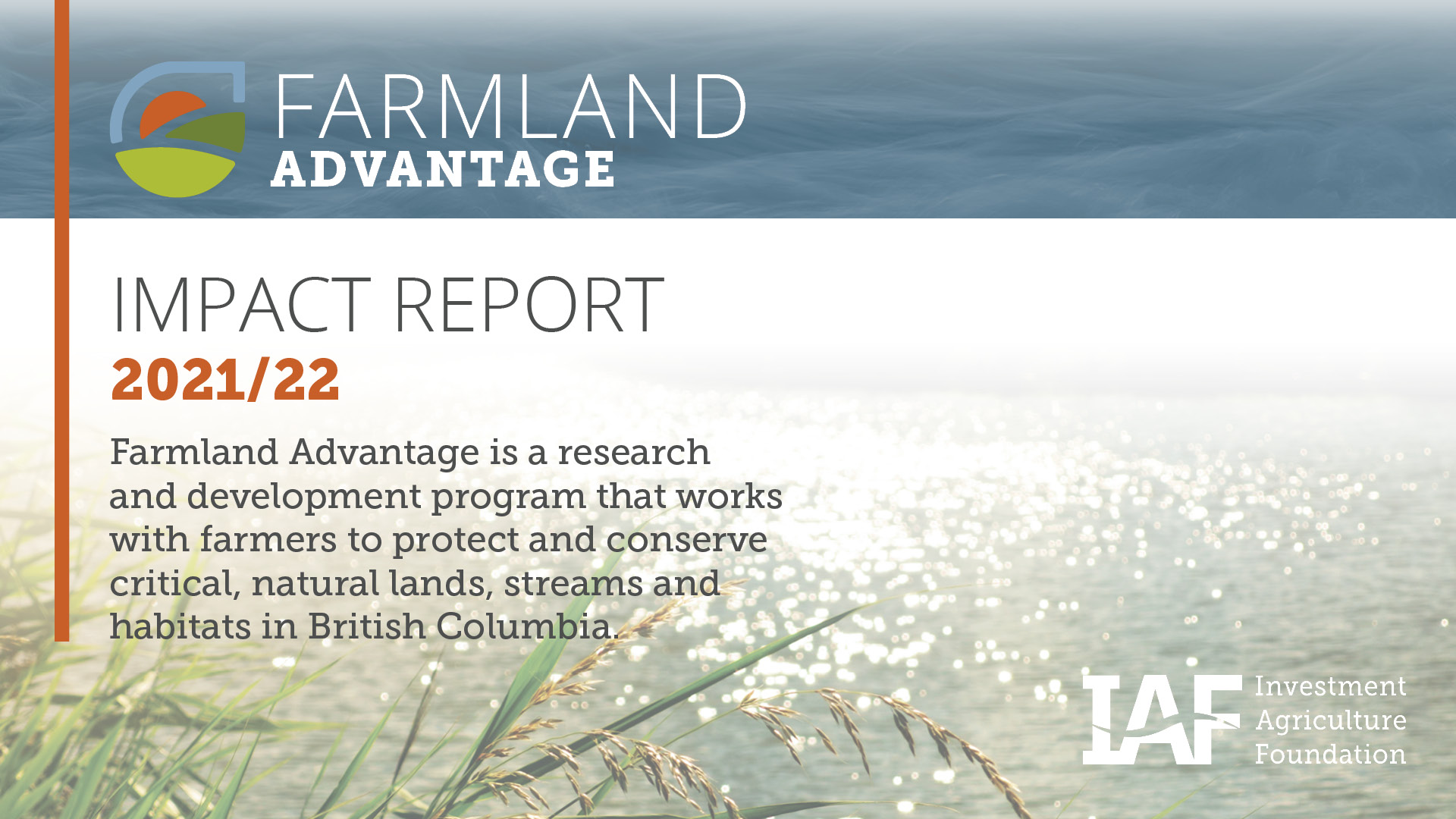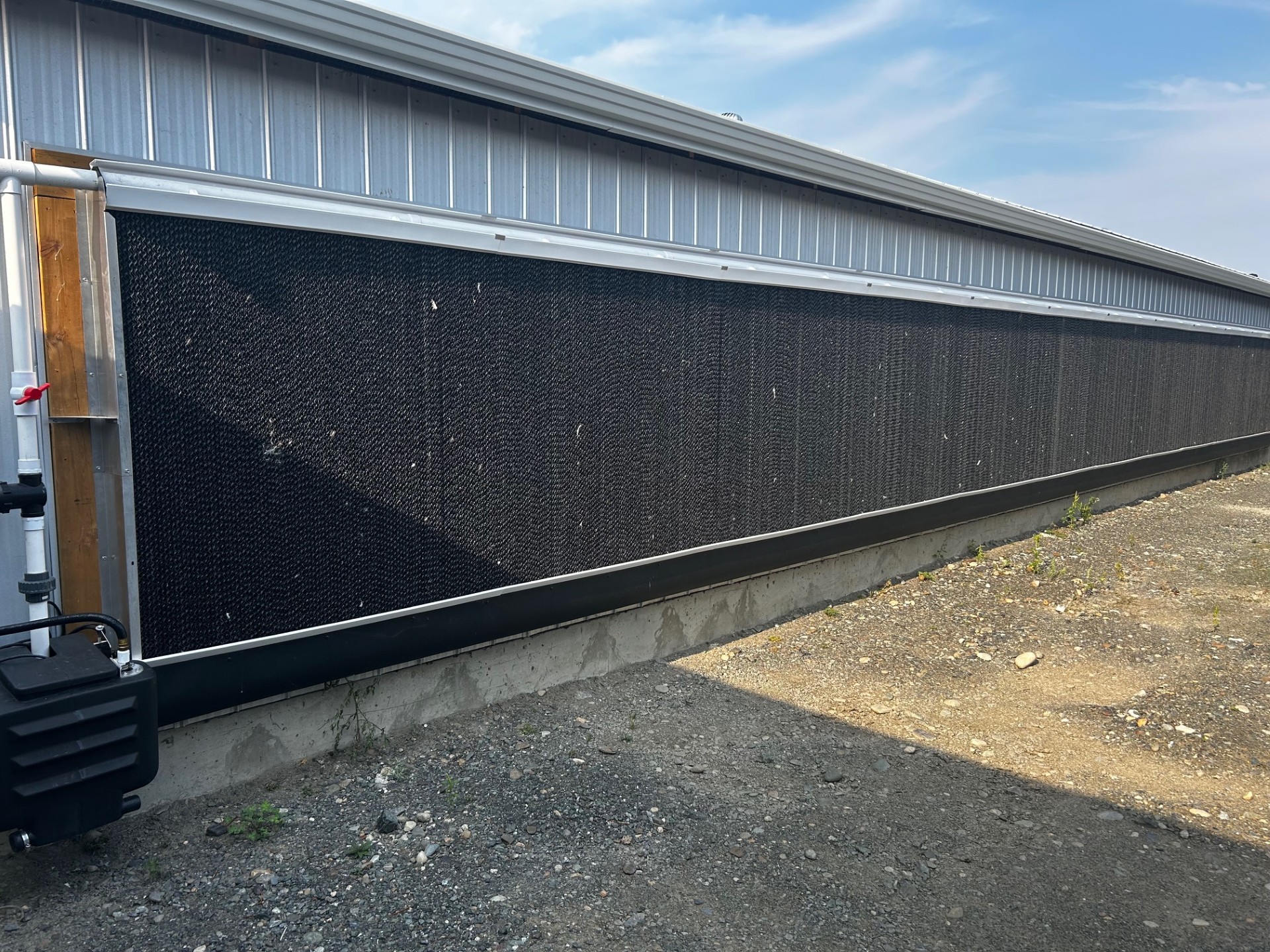
From kelp to hops, bees to berries, BC researchers are harnessing the power of genomics to solve challenges facing the province’s agriculture and aquaculture sectors that stem from climate change. Eight new projects have received a combined $1.84 million in funding from the Genomic Innovation for Regenerative Agriculture, Food and Fisheries (GIRAFF) program – a collaboration between Genome BC and the Investment Agriculture Foundation of BC (IAF) with support from the BC Ministry of Agriculture and Food.
Among the eight projects are initiatives that will:
• Breed disease and drought-resistant traits into hop varieties to enhance their resilience to climate change, with the long-term goal of revitalizing BC’s hops industry
• Contribute to an early-warning system for Canadian farmers by monitoring pathogens that affect wheat crops
• Create tools that can evaluate how well Chinook Salmon populations can handle climate events, like heatwaves, with the goal of identifying salmon stocks that are more resilient to temperature changes.
“We need to be continuously innovating to improve local food sustainability and the GIRAFF program is giving researchers in B.C. the chance to play an active role in reducing threats to
food production,” said the Hon. Pam Alexis, Minister of Agriculture and Food. “Innovations like these will be crucial not only to ensuring food security and responding to impacts from climate change, but also for lasting prosperity and a growing food economy for British Columbians.”
The GIRAFF program is a pioneering initiative dedicated to delivering genomic solutions that bolster the resiliency and sustainability of BC’s agriculture, food and fisheries sectors. It
harnesses IAF’s experience as an industry-led organization and Genome BC’s expertise in connecting academic researchers, industry partners and public policy priorities to deliver enduring, sustainable benefits for BC.
“Climate change poses significant challenges to global agriculture. To face these challenges and ensure food security we must develop crops that are more resilient, productive, and adaptable,” said Christopher Reed, Chief Operating Officer at IAF. “The use of genomics in agriculture will advance the development of climate-resilient crops, thereby enhancing food security and promoting sustainable agricultural practices that demand fewer resources.”











